Your cart is currently empty!
Tag: Organic
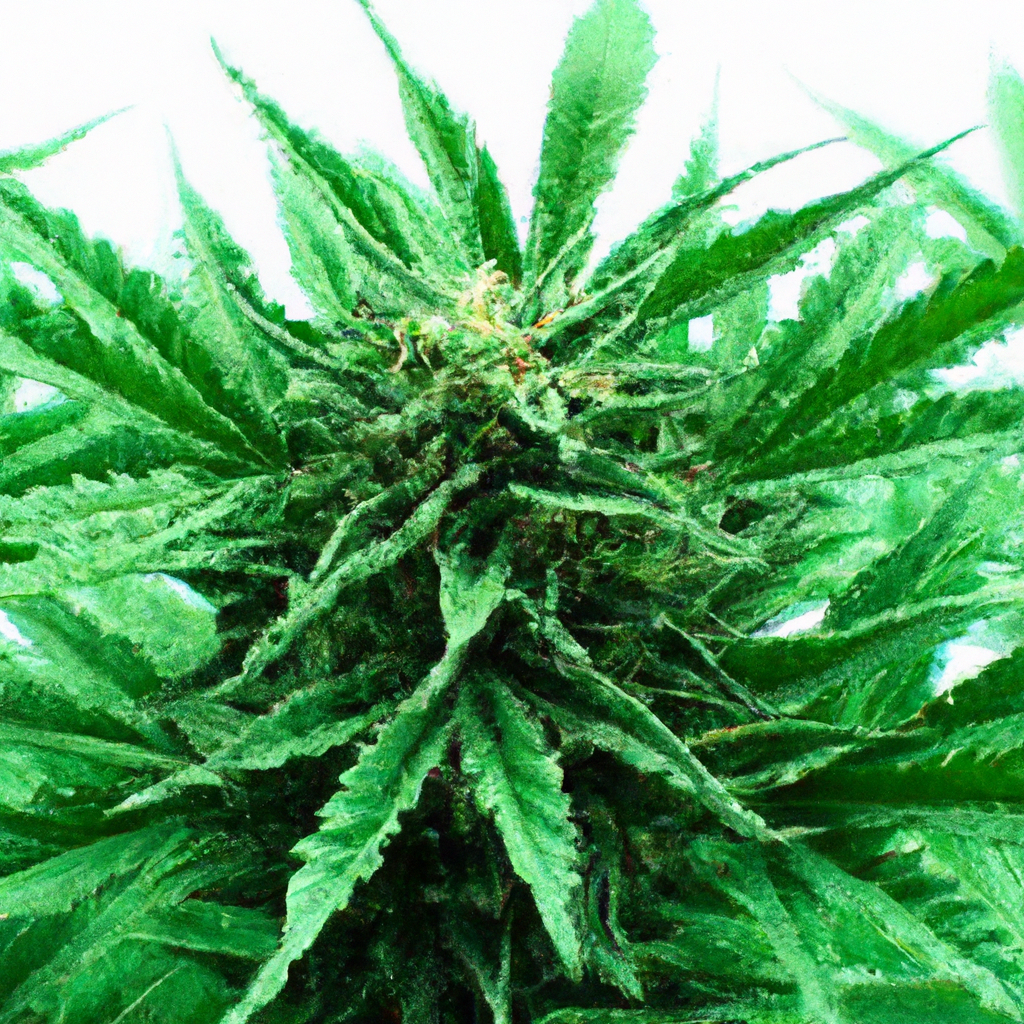
Growing cannabis successfully depends significantly on nutrient management, and liquid nutrients offer the versatility and immediacy that plants require for robust growth and high yields. This guide explores the benefits of liquid nutrients, such as their immediate availability and precision control, alongside practical application tips like precise mixing and stage-specific formulations. Address common challenges like…
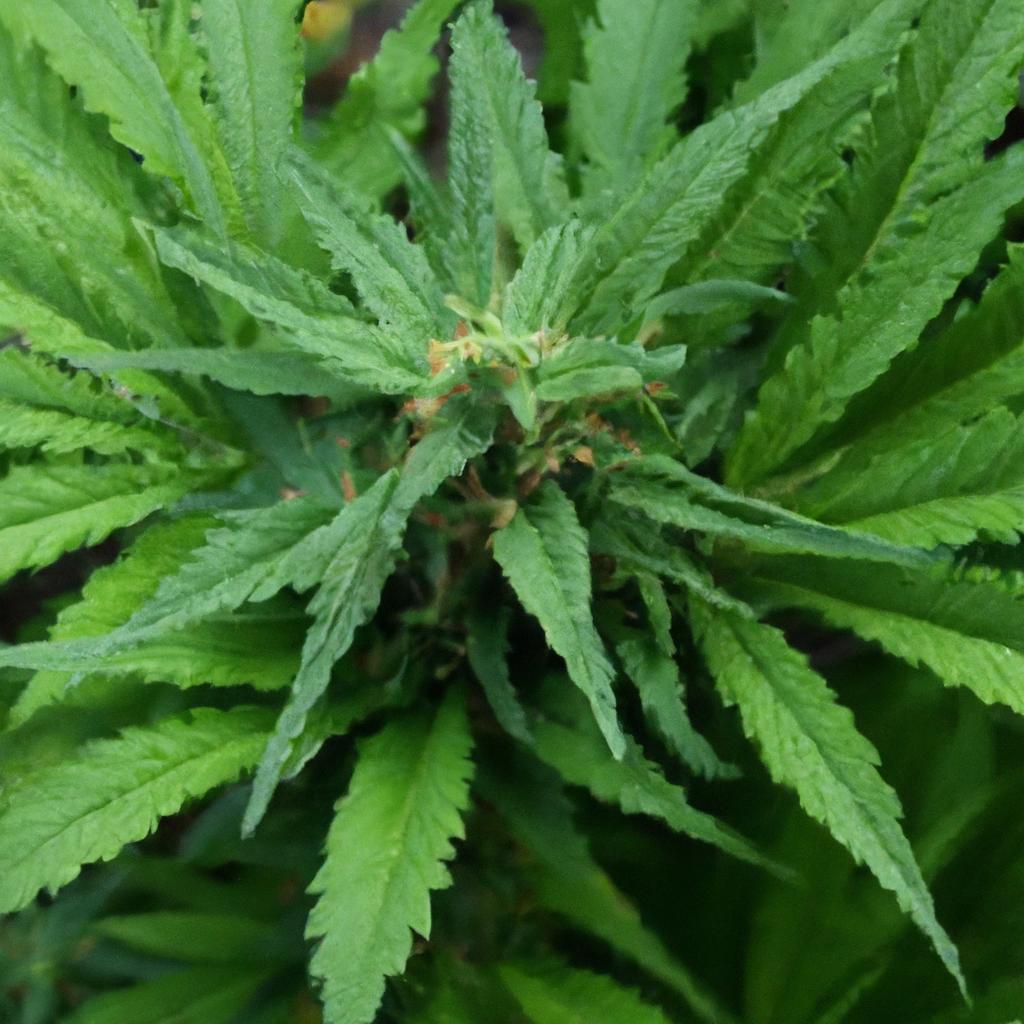
Organic cannabis cultivation is becoming more popular due to its environmental advantages and the production of a purer product. By utilizing natural methods like compost, organic fertilizers, and natural pest control, growers can cultivate healthier plants. Key practices include enriching soil with compost and manure, using natural fertilizers like fish emulsion and seaweed extract, and…
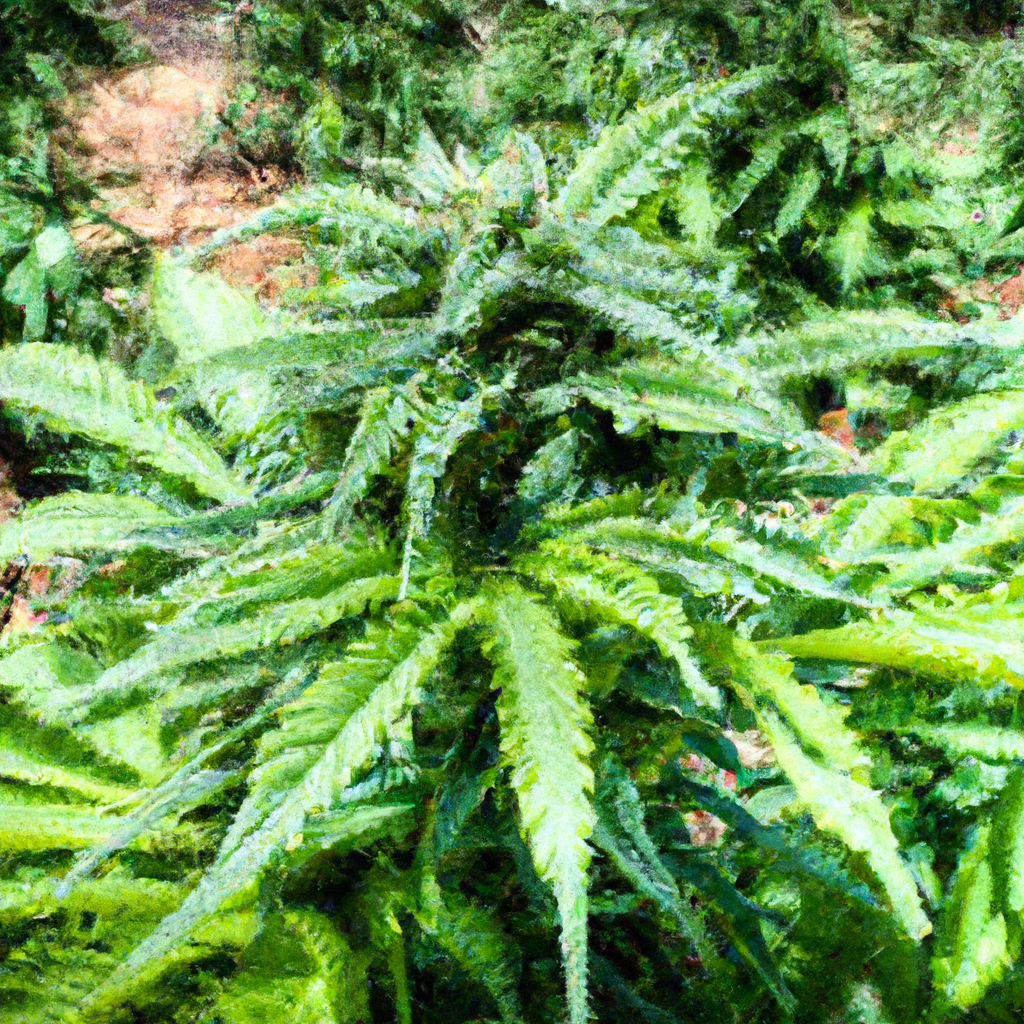
In cannabis cultivation, prioritizing organic methods and sustainability is essential for healthier yields and a reduced environmental footprint. Building healthy soil through composting and using beneficial microbes, along with natural pest control methods like companion planting and introducing beneficial insects, are key organic practices. Sustainable operations include efficient water management, renewable energy use, and waste…
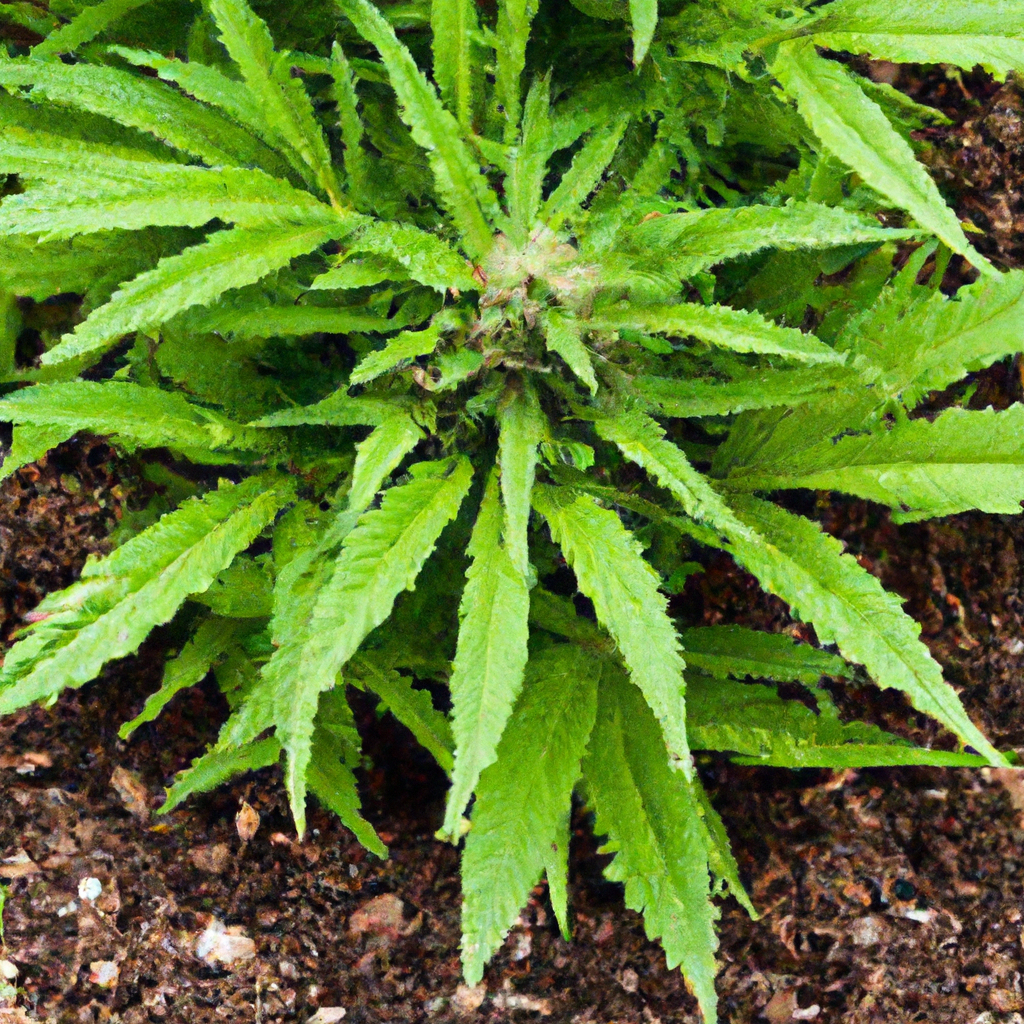
Organic cannabis cultivation provides a sustainable approach beneficial to both the environment and consumers by using natural fertilizers, compost, and organic pest control. This article delves into best practices for organic cannabis cultivation, such as developing healthy soil ecosystems and promoting sustainability. Key elements include using compost, bone meal, fish emulsion, and seaweed extract to…
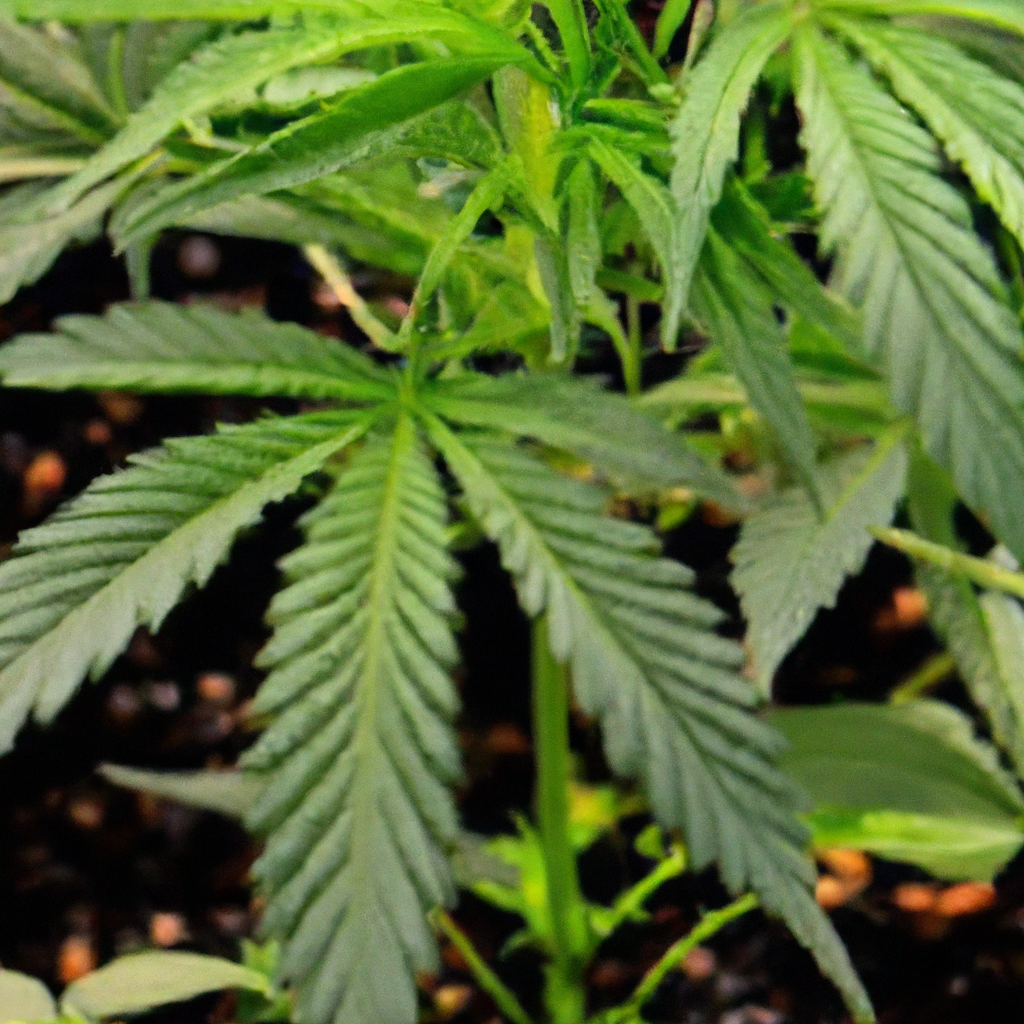
Embracing organic cannabis cultivation supports environmental sustainability and enhances harvest quality. Start with vibrant soil by using compost, cover crops, and biochar to build a diverse microbiome. Opt for natural fertilizers like fish emulsion, bat guano, and alfalfa meal to nourish plants. For pest control, utilize companion planting, beneficial insects, and neem oil rather than…
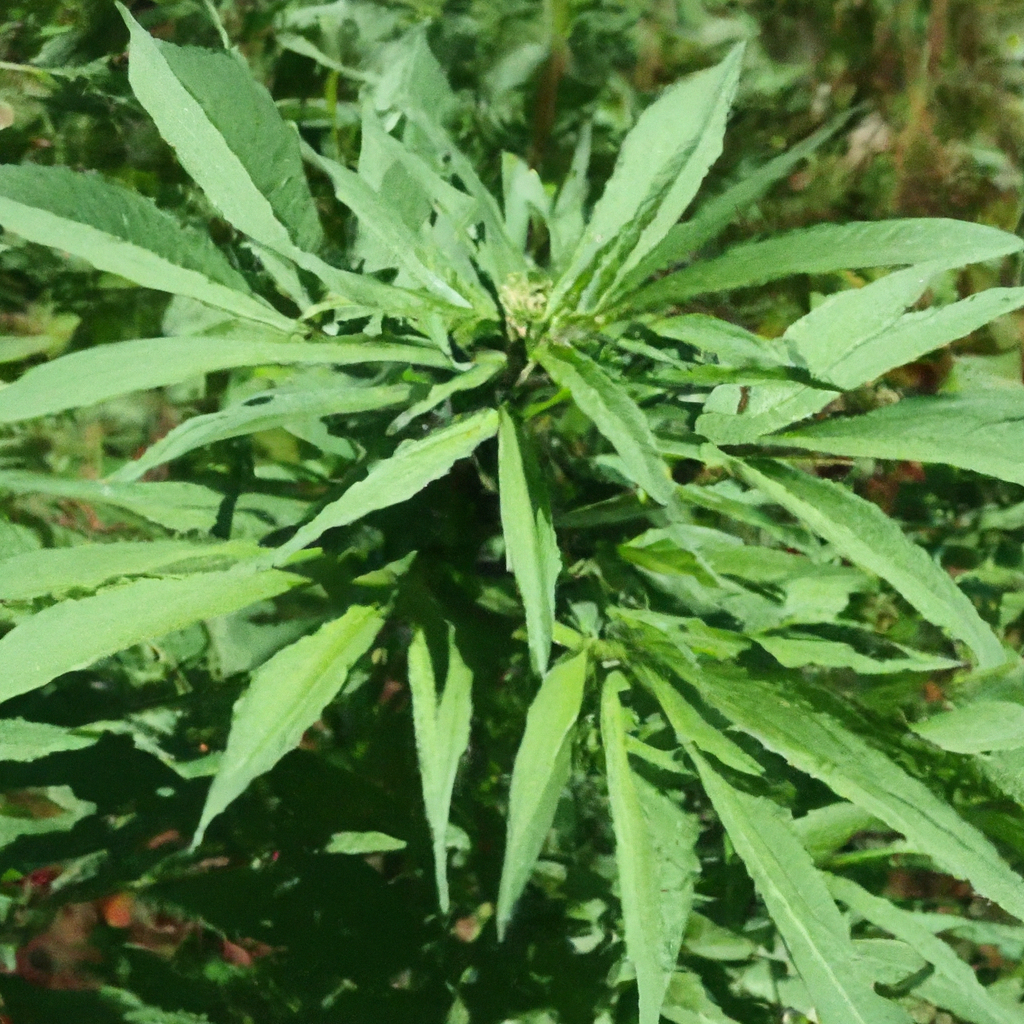
As the cannabis industry grows, understanding its environmental impact, particularly on soil health, is paramount. Sustainable cannabis cultivation enhances yields and offers long-term environmental benefits. Key practices include using organic amendments, planting cover crops, applying compost tea, and minimizing tillage. These methods not only improve soil nutrients and plant resilience but also reduce reliance on…
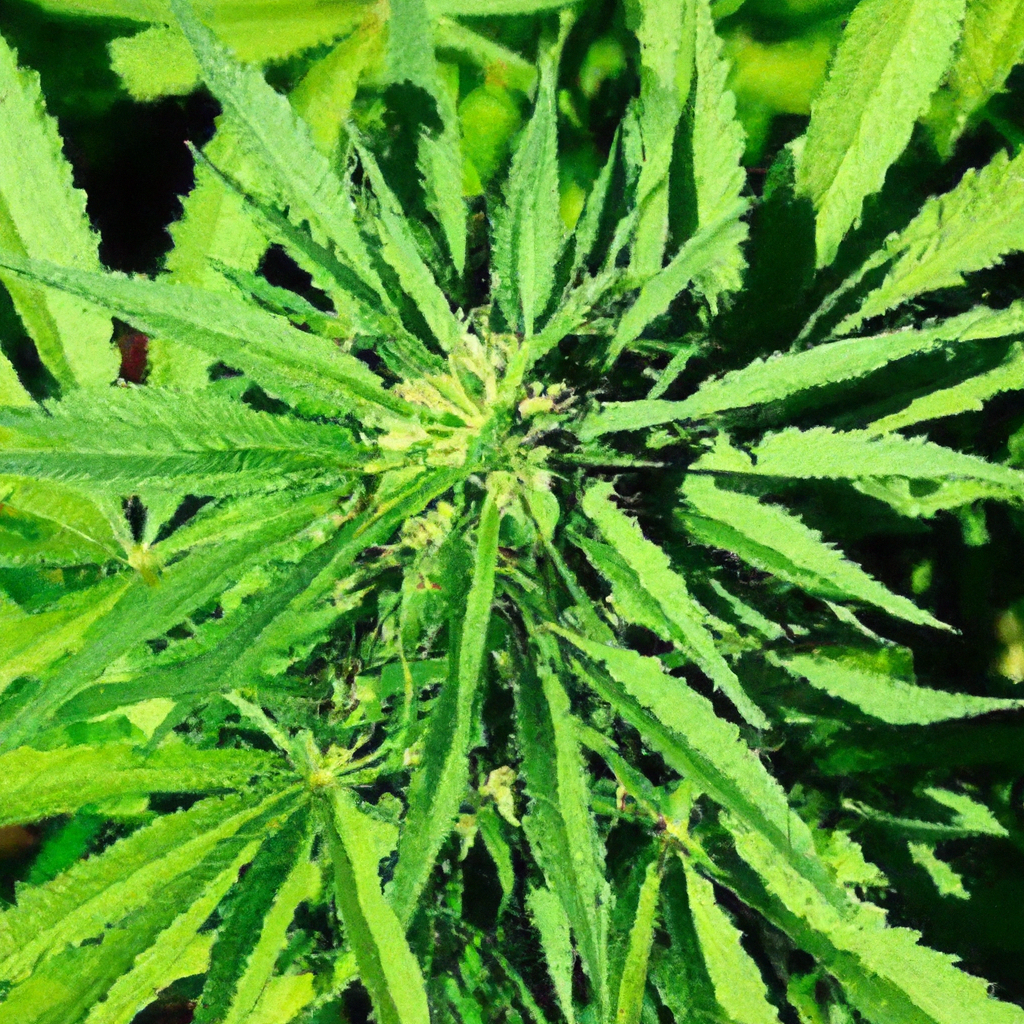
Organic cannabis cultivation is gaining popularity for its environmental and product quality benefits. This method emphasizes sustainable practices like enriching soil with organic matter, using natural fertilizers such as bone meal and seaweed extract, and implementing pest control strategies like companion planting and neem oil. These techniques enhance ecosystem health and produce a safer, more…
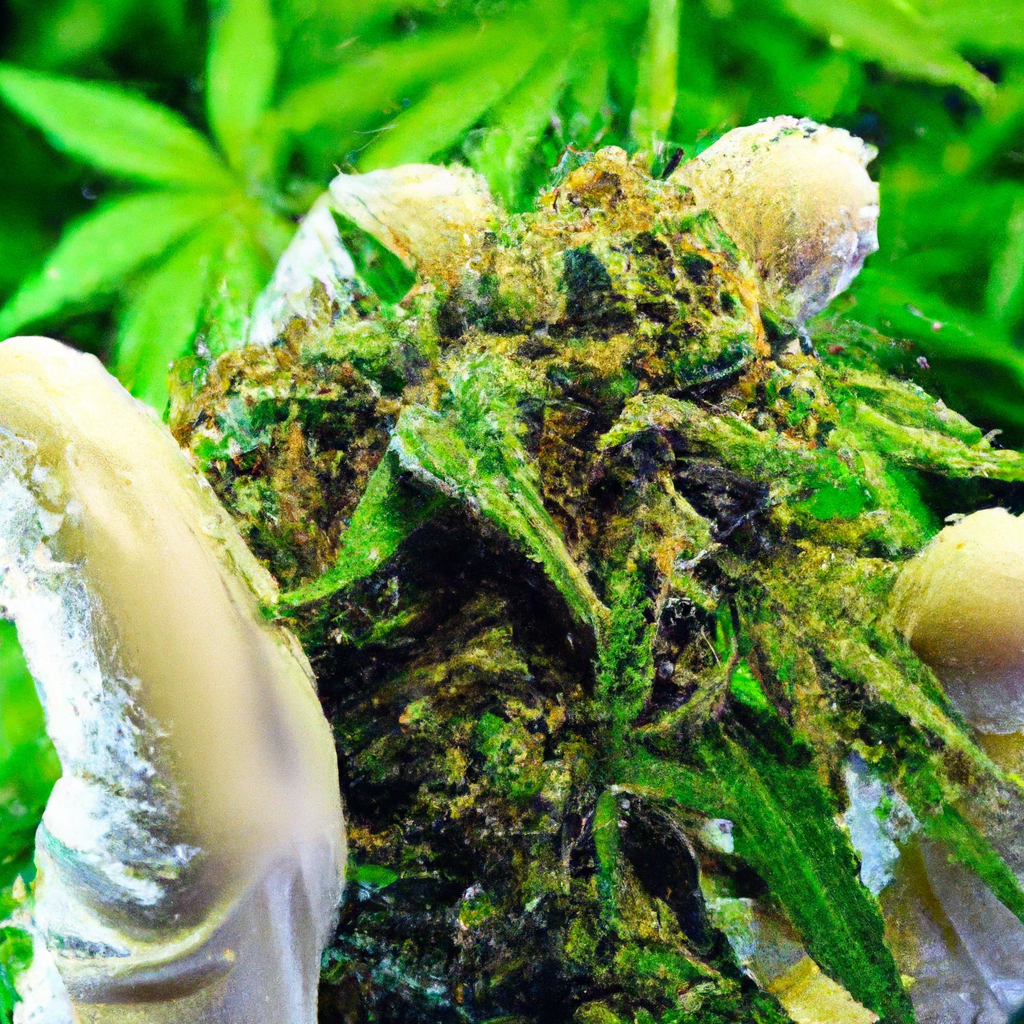
Spider mites pose a significant threat to cannabis cultivation, requiring proactive prevention and management to ensure a healthy crop. This guide provides cannabis growers with effective strategies for minimizing spider mite infestations. Key preventative measures include maintaining humidity levels above 50%, enhancing air circulation with fans, conducting regular plant inspections, and introducing beneficial insects like…
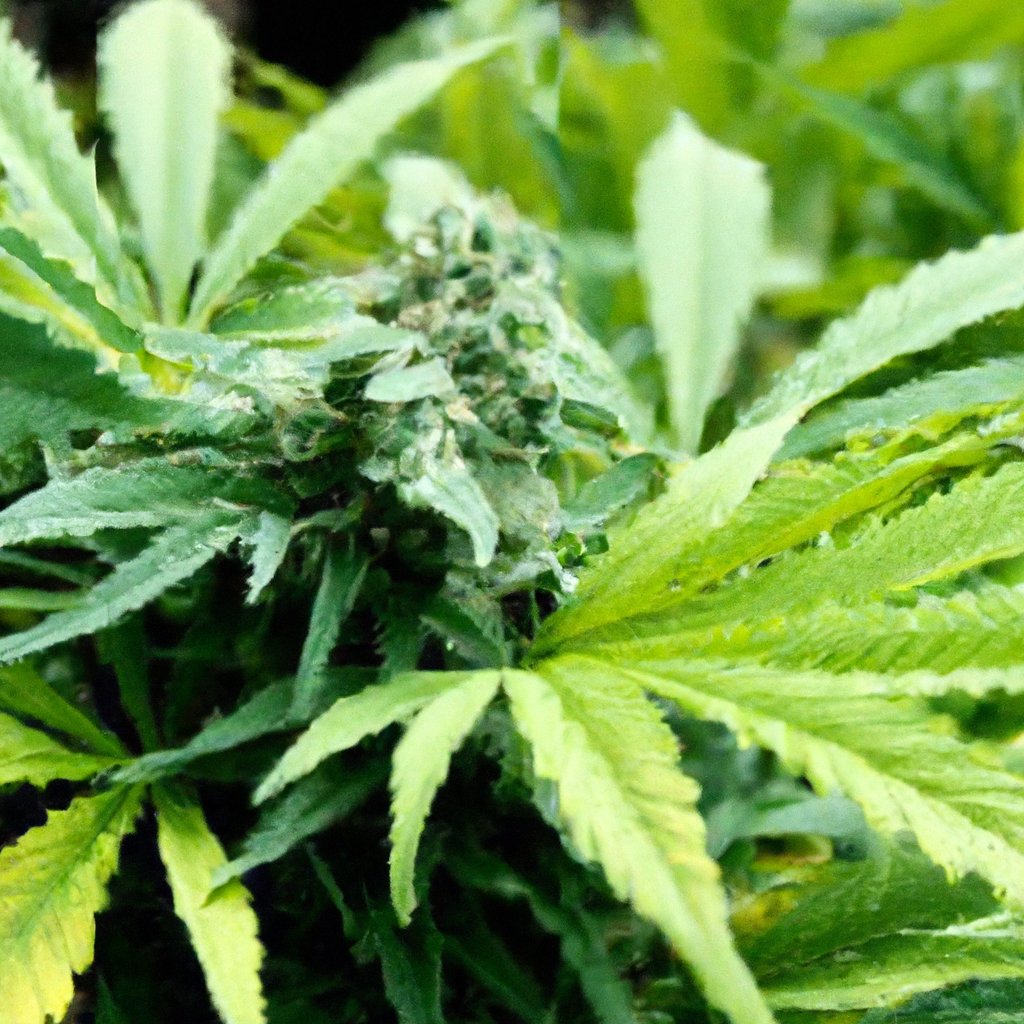
Organic cannabis cultivation emphasizes the use of natural fertilizers, compost, and eco-friendly pest control to nurture plants while minimizing environmental impact. Key practices include enriching soil with organic matter, using natural fertilizers like bone meal and fish emulsion, and employing eco-friendly pest management with beneficial insects and companion planting. These methods promote sustainability and resilience,…
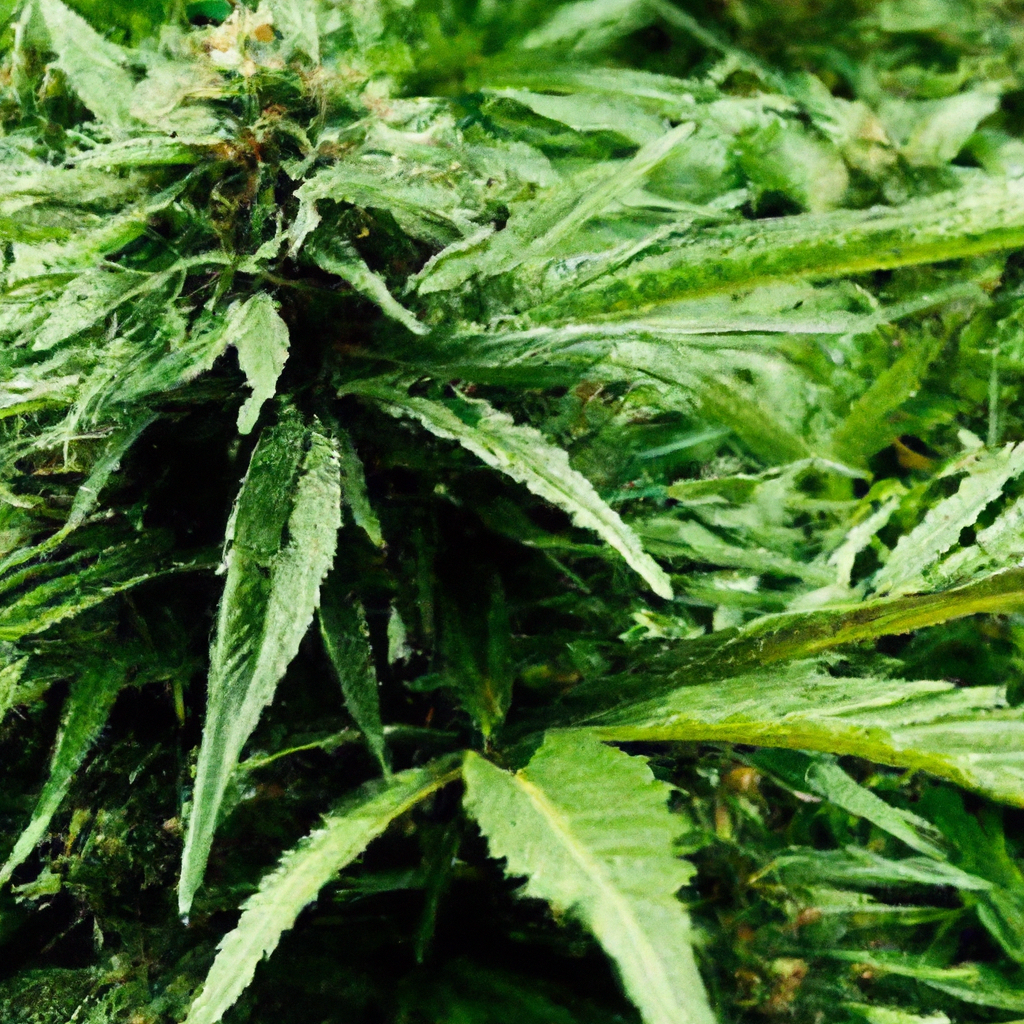
As the global shift towards sustainability gains momentum, cannabis cultivators are increasingly adopting organic methods to ensure a cleaner production process. This blog explores best practices in organic cannabis cultivation, focusing on building a healthy soil ecosystem with compost and beneficial microbes, using natural fertilizers like bone meal and fish emulsion, and implementing organic pest…
